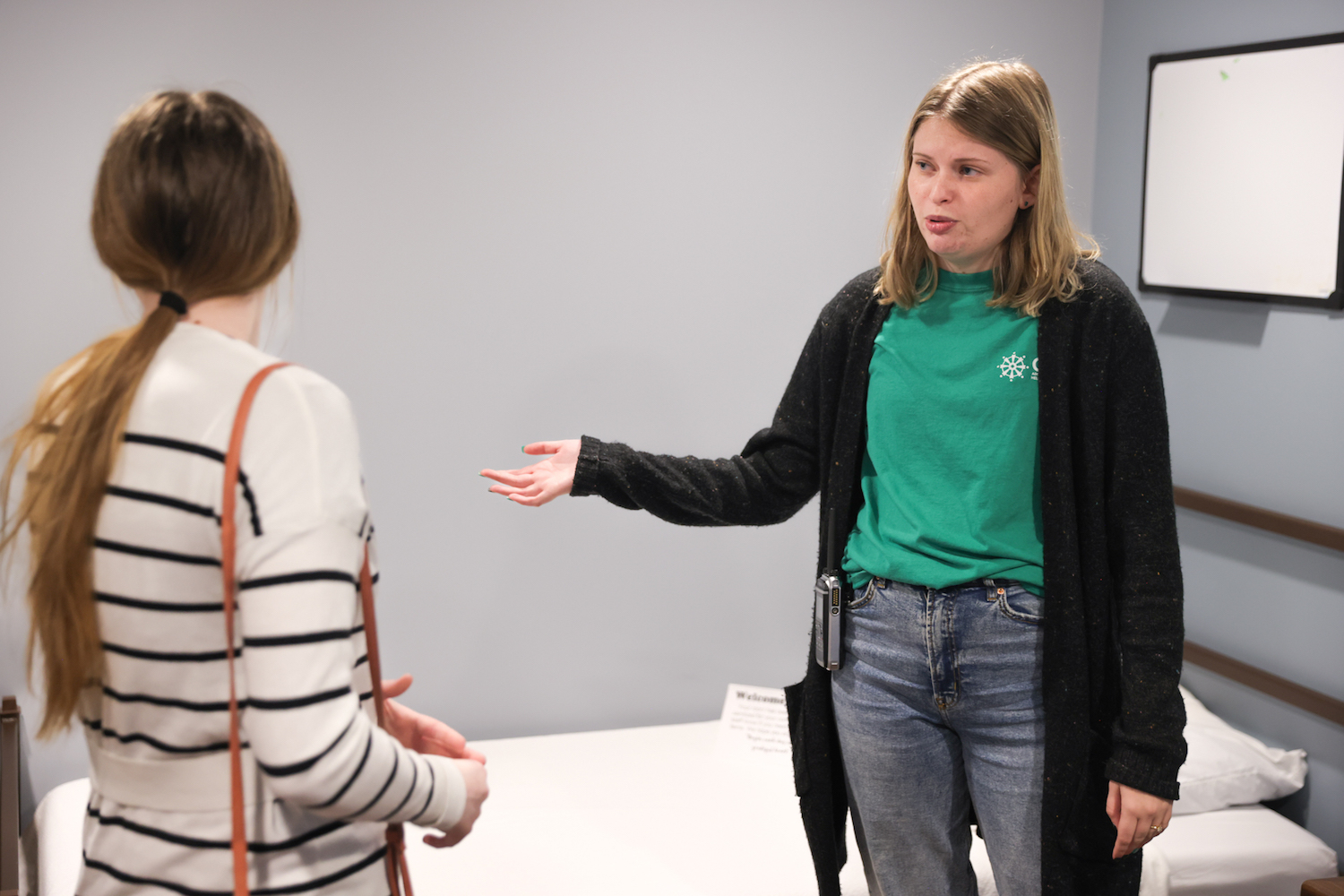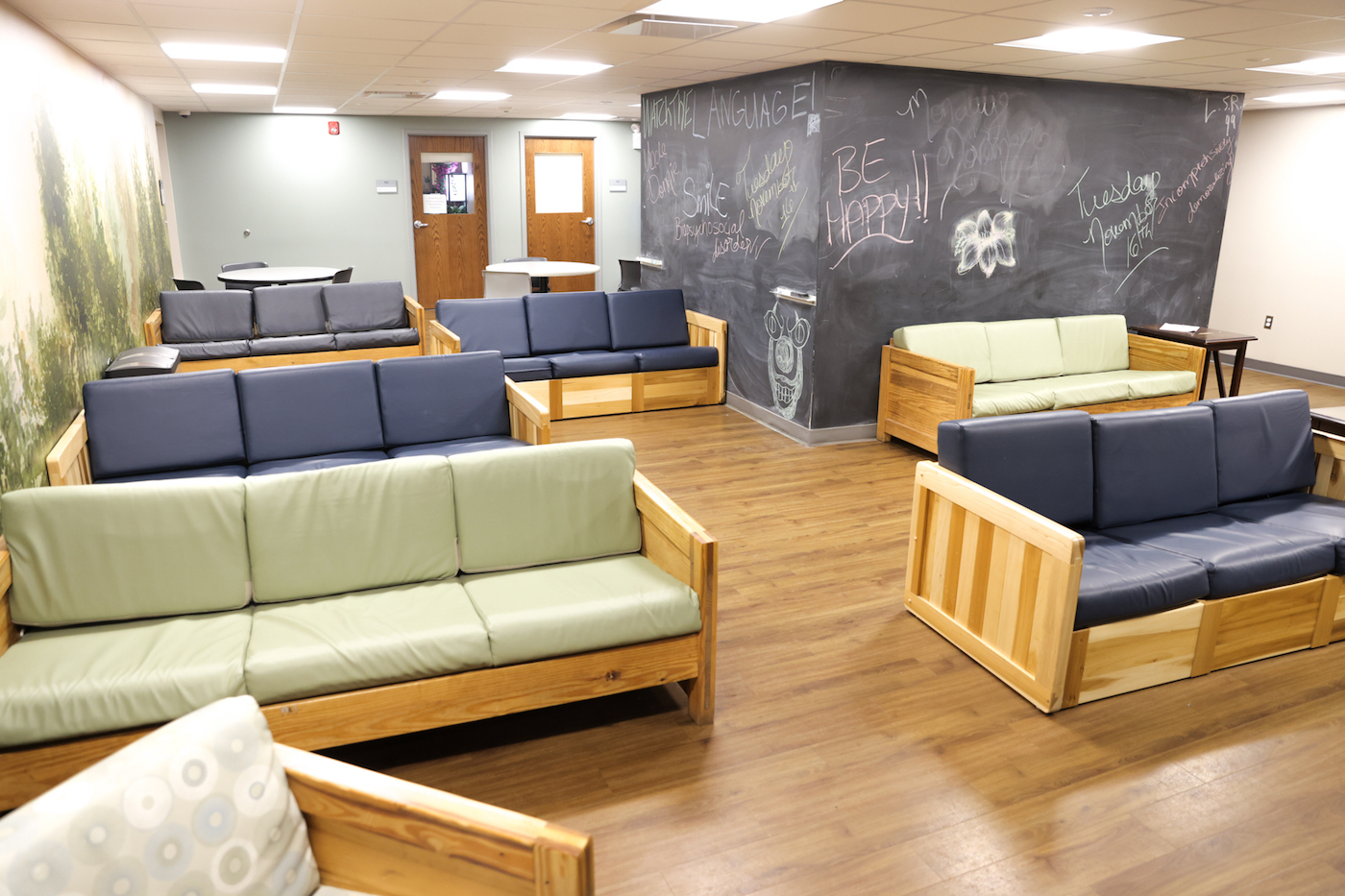Face-to-Face Support
For Your Recovery Journey
CKF Addiction Treatment has provided in-person addiction health care services since 1967. Though knowledge of addiction as a chronic disease developed over the years, CKF has always been focused on quality and results for our patients and has adapted with the times. Many of the services we offer entail groups of individuals who are all dealing with addiction meeting with one of our qualified staff for structured sessions.
Evidence shows that the group process of being able to talk about your own experience while also sharing in the experience of others assists individuals in developing valuable insight and strength that will last well beyond the treatment phase of managing your chronic illness. Individual sessions are also available and are often in conjunction with a group treatment service from our counselors or peer mentors.
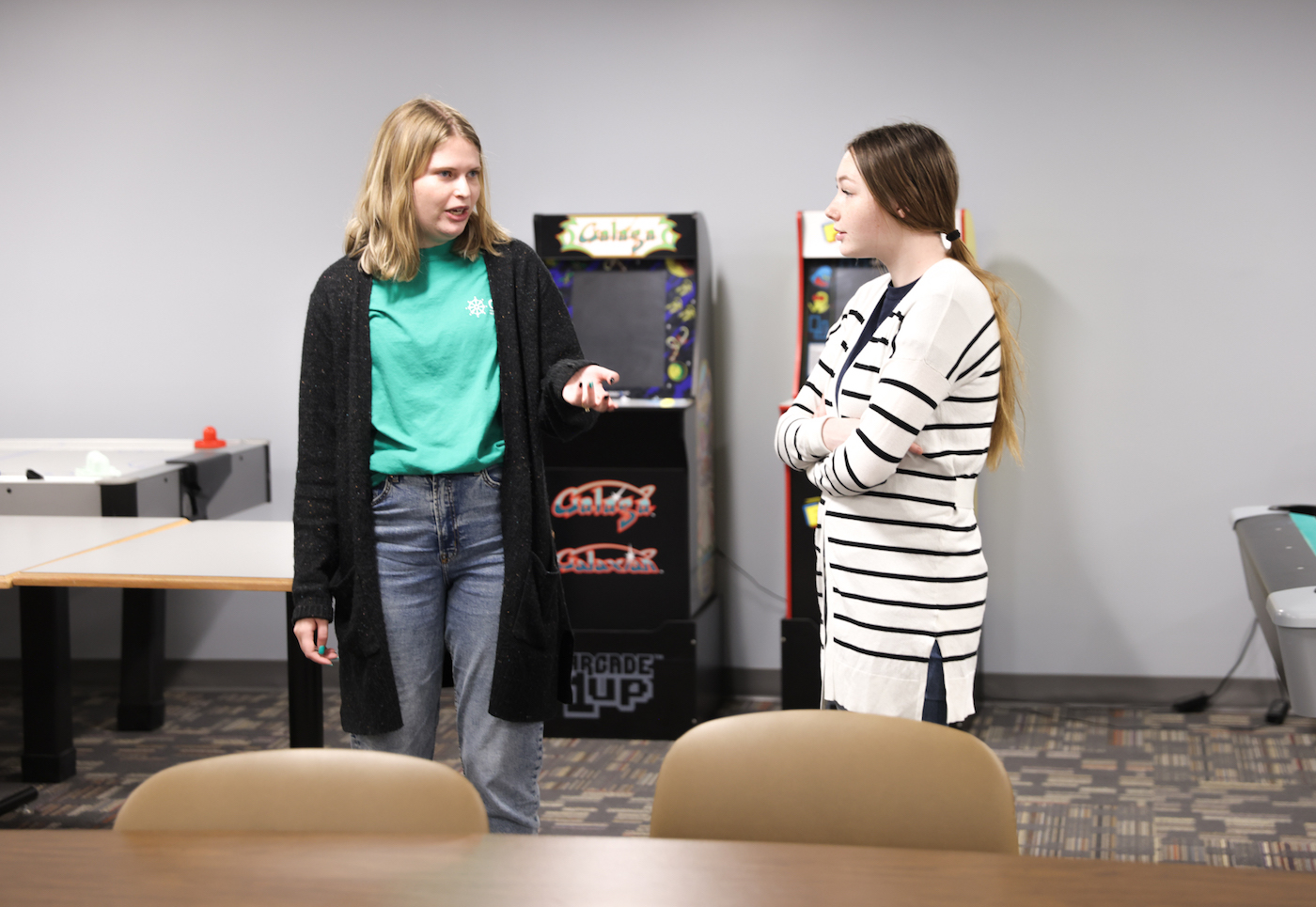
Planning And Support
For Your Recovery Success
To begin outpatient services with CKF, you will need to complete an assessment so that a licensed addiction counselor can get to know you and your symptoms better. By completing the assessment interview, CKF staff can recommend the best possible care for you and also understand what service you believe will be a good fit. For individuals whose symptoms are not acute enough for detoxification or residential treatment but who still can be diagnosed with a substance use disorder, outpatient services are the most appropriate level of care.
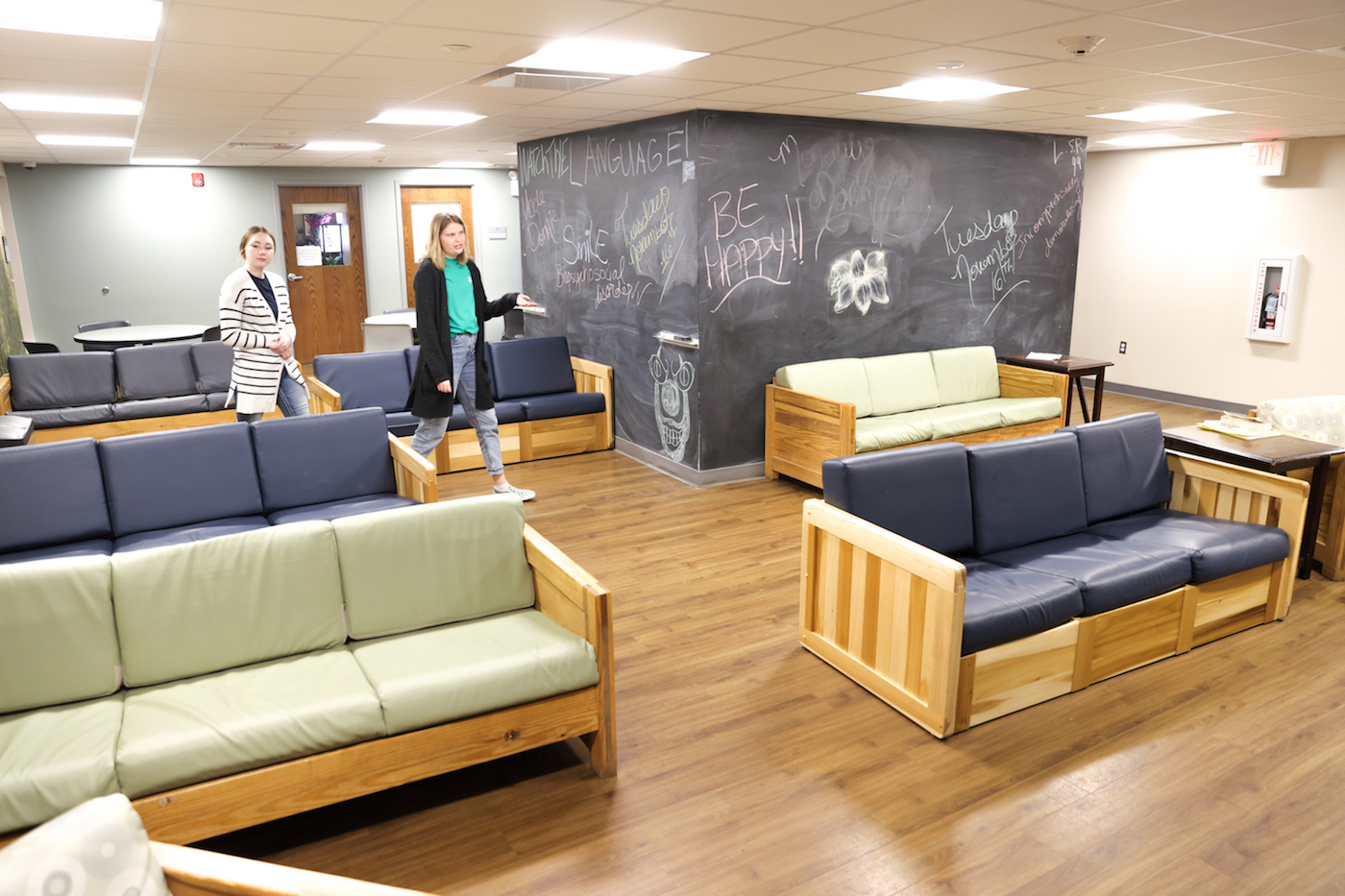
Assessment
Depending on how frequently you have been using a substance, how long use has been occurring, and other factors from your assessment, the counselor will either recommend intensive outpatient or outpatient. Intensive outpatient is commonly referred to as IOP or Level 2 amongst treatment providers and payers. Outpatient is commonly referred to as OP or Level 1 amongst treatment providers and payers. The difference between these two levels of outpatient care is in both the frequency of weekly services and duration of program. It is common for someone who begins in intensive outpatient to then transfer to outpatient as the next phase of treatment or 'step down' level of care.
Appointment
Following the assessment, you will complete an admission/intake appointment. One of our intake staff will meet with you to give you information and visit with you about the health care service you will be starting. During this appointment, you will receive information about the service, complete some paperwork showing that you have been informed of the service you are beginning, be able to ask any questions you may have, and be scheduled to meet with your counselor for a treatment planning session.
Planning
The treatment planning session will allow for you and your counselor to get to know each other and create a map for your time with us. This map, or treatment plan, will outline the goals that matter most to you so that you and the counselor can begin thinking of how you might reach those goals. Planning for progress as you are starting outpatient services as well as attending all of your sessions will allow you the highest likelihood of success in treatment. We want to make sure that we fully understand the things that you would like to see change in your life so that we can support you in the process of making them life long changes.
Outpatient Care
During outpatient care, you will attend sessions with your counselor and also a peer mentor. Peer mentors are individuals who have lived recovery experience and are certified by the state to provider services. This team of qualified staff will work together to help you build the skills necessary to manage addiction long-term.
Skills
Building skills pertaining to your cognitive (thoughts), emotional (feelings), and behavioral (behaviors/actions) processes are going to be very important to your recovery. The evidence based treatment curriculum that is utilized will focus on these components and is referred to as Cognitive Behavioral Therapy.
Reward
You have learned over time how you function and react based on substances affecting the reward process in your brain. As a substance is removed from the brain by stopping use, the brain must get used to working on its own without those substances. This process of retraining the brain to use naturally occurring chemicals to produce positive feelings can take time. You can do it with the right planning and support.
Relationships
The relationships and support you build amongst your treatment group and with CKF staff will allow you to take steps that will create lasting change. After your outpatient care is completed, a peer mentor will provide follow up care so that we can be there along the way and help out if there are any set backs. These moments can be frustrating, but it is important to use them as opportunities to review with our staff, re-evaluate your plan, and make adjustments to improve your desired outcomes.
Support from peers who understand where you’ve been
In-person outpatient can be a very effective way to learn skills for managing your addiction while also staying engaged with all the other components of your life. CKF counseling and peer mentor staff understand addiction and what it takes to find lasting success while a group of your peers can become a valuable source of support as you sort it all out.
Reach out to begin your path to recovery
Call or use Help Now to visit with a Recovery Coach to ask questions or receive free support. There is no wrong door to beginning recovery and we are here to understand your needs while offering understanding.
About CKF
Addiction Treatment
CKF Addiction Treatment understands that addiction is a chronic disease that requires chronic disease management.
We have been providing addiction health care since 1967 and are continuously focusing on innovating our care delivery to match the needs of our patients. Though addiction can be challenging and confusing for those who have an addiction, there are care pathways available for you. CKF Addiction Treatment is here to make sure you are not alone on your journey to a better tomorrow.
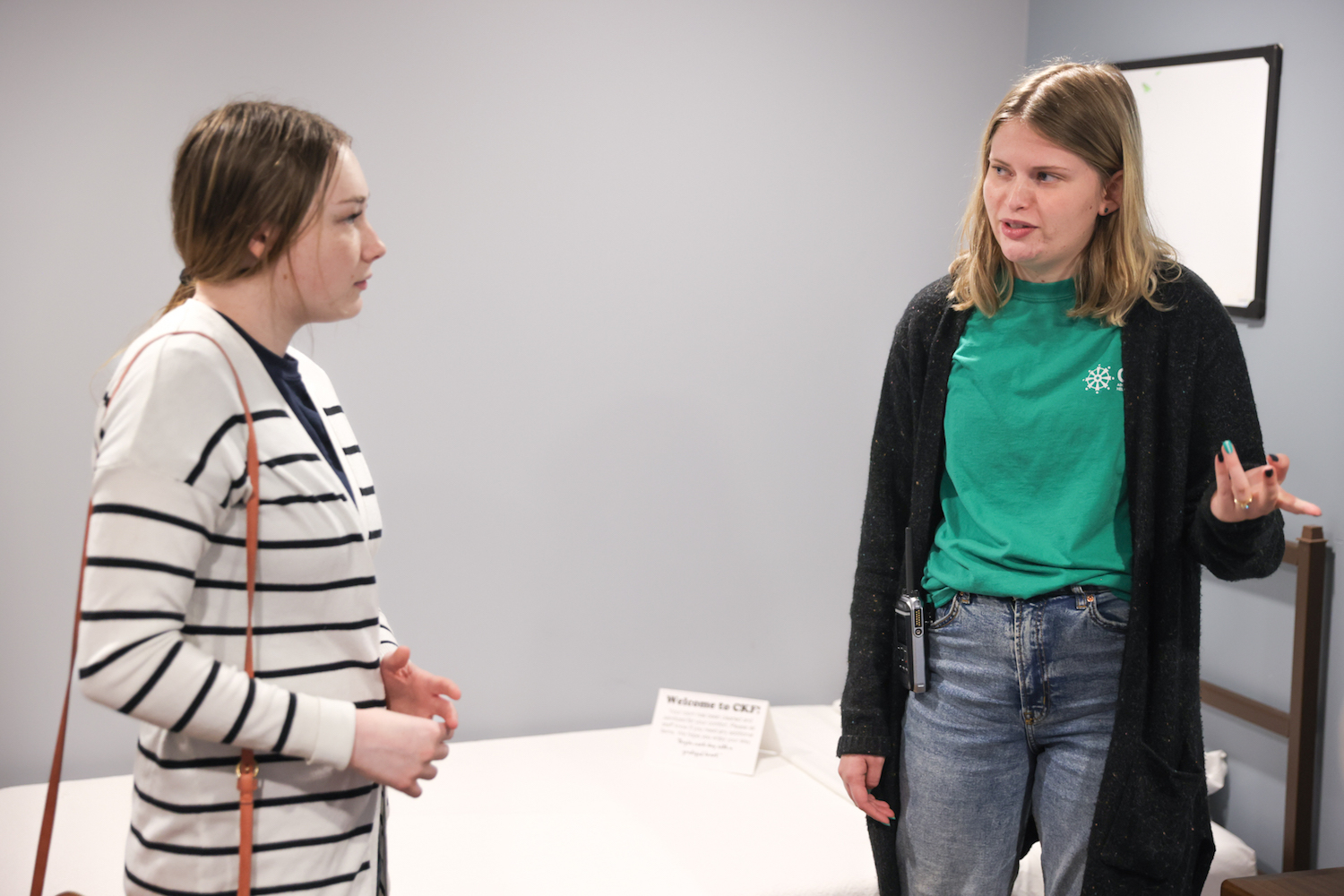
How many times per week are groups?
Intensive Outpatient (IOP) meets three times per week for three hours per session. Outpatient (OP) groups meet twice per week for three hours per session.
Do you have morning and evening groups?
Yes, we offer both OP and IOP groups in the morning and evening.
How much will it cost me?
This will depend on your income or insurance. There may be funding available based on your income.
Do you offer couple's counseling?
We make sure to include the family throughout the course of treatment. We do not offer Marriage and Family therapy services, but can coordinate referrals for additional services.
Do you do Anger Managment?
We do not provide Anger Management assessments or Anger Management classes at this time.
Do you provide assessments for Batterer Intervention Programs (BIP)?
Yes. We do offer BIP or Domestic Violence (DV) assessments. We also facilitate a male BIP group that currently meets on Wednesday evenings. The cost of each session is $10.00
Do you have treatment options for women with children?
Yes. Since February 2020, CKF Addiction Treatment and Ashby House in Salina have partnered together to provide addiction health care services and safe and supportive housing for women and women with children in and around Saline County.
How long will I have to attend outpatient group services?
The length of your treatment program depends on individual needs and treatment progress. General guidelines for intensive outpatient services typically fall between 36-45 group sessions, with up to 32 group sessions for outpatient treatment.
